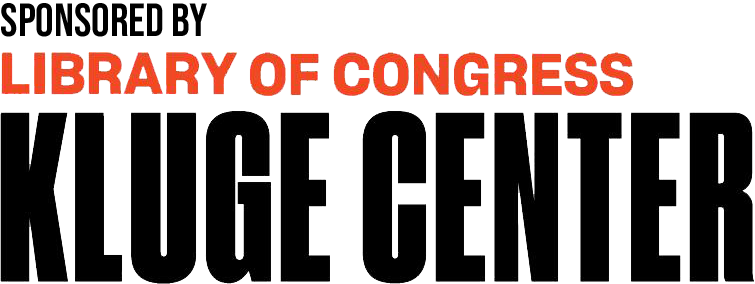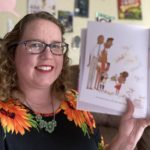Forum Question
In a world of disinformation, social media, and “alternative facts,” how do you identify and vet credible information sources? How do you share those credible sources with students and public library users? What is a librarian’s role in helping the greater community find common ground in shared facts?
In a world of disinformation, social media, and “alternative facts,” how do you identify and vet credible information sources? How do you share those credible sources with students and public library users? What is a librarian’s role in helping the greater community find common ground in shared facts?
Responses
Evaluating Sources
When I started in libraries 30 years ago, finding credible information took time, but it wasn't difficult. You may have to spend 2 hours looking through books to find the answer to a reference question, but it was generally assumed that a print media source from a reputable publisher would have factual information.
Now, on the Internet, you might find an answer in a matter of seconds, but that doesn't mean it's the right answer. And now, of course, we now realize that print resources may have certain biases too.
It's interesting to me that I have friends…
Motives, Word Choice, & Practice
We tell students to avoid biased sources, but that's honestly not possible. Nothing is neutral, so identifying those biases becomes important.
Sometimes the motives behind publishing are reasonably easy to discern, and that's a good place to start.
Does an inflammatory article come from a site selling merchandise (like Infowars)?
Is this think piece put out by a PAC with a clear electoral agenda?
Was a study funded by a corporation with a vested interesting in getting specific results?
Is this YouTube video monetized, and who benefits from that?
School Librarian
We need to teach our young people how to detect disinformation and how to go about checking for real information, particularly online. As a school librarian (and reading teacher), I wear many hats. I'd like to integrate more media literacy into my program.
Read the Full ResponseNews Literacy Toolkit
As part of an LSTA Grant, the Pacific Library Partnership developed a News Literacy Toolkit, https://www.plpinfo.org/news-literacy-toolkit/ The toolkit includes curated resources for librarians meet public interest in media literacy quickly and confidently. It has curated programming which can be downloaded, along with games and PowerPoints.
The goal is for us to teach our patrons how to identify and vet credible information sources. A forum was held with local journalists and was supported by The Trust Project and Journalism Program, from the Markkula Center for Applied Ethics at Santa Clara University.
Academic Instruction Services
Questions: "..how do you identify and vet credible information sources?
How do you share those credible sources with students and public library users?
What is a librarian’s role in helping the greater community find common ground in shared facts?"
1) Utilize library's search filters, look at associations of article authors to universities and businesses, utilize web sites to debunk news headlines.
2) Teach university students to utilize filters in article searches, selecting "peer reviewed" and "scholarly" for filtering information.
Also teach use of debunking sites and…






